China's ambassador to Washington has warned that Beijing will retaliate against US national security measures targeting the country, including a domestic investment screening mechanism being prepared by the White House.
Speaking at the Aspen Security Forum, Mr. Ta Phong said that China “cannot sit idly by” while the US imposes sanctions and export controls that make it more difficult for China to access advanced US technology, including advanced chips.
“The Chinese government cannot just sit idly by. We will not take provocative actions, but we will not be cowed by provocations. Therefore, China will certainly take its own countermeasures,” Mr. Xie affirmed.
Definition of “unfair” competition
The ambassador also said that China does not shy away from competition, but the way the US defines competition is unfair. He highlighted current US bans on the import of Chinese equipment for advanced chip production.
“This is like... forcing your opponent to wear outdated swimsuits in a swimming competition, while you yourself are wearing Speedo (a high-end swimwear brand),” Mr. Ta likened.
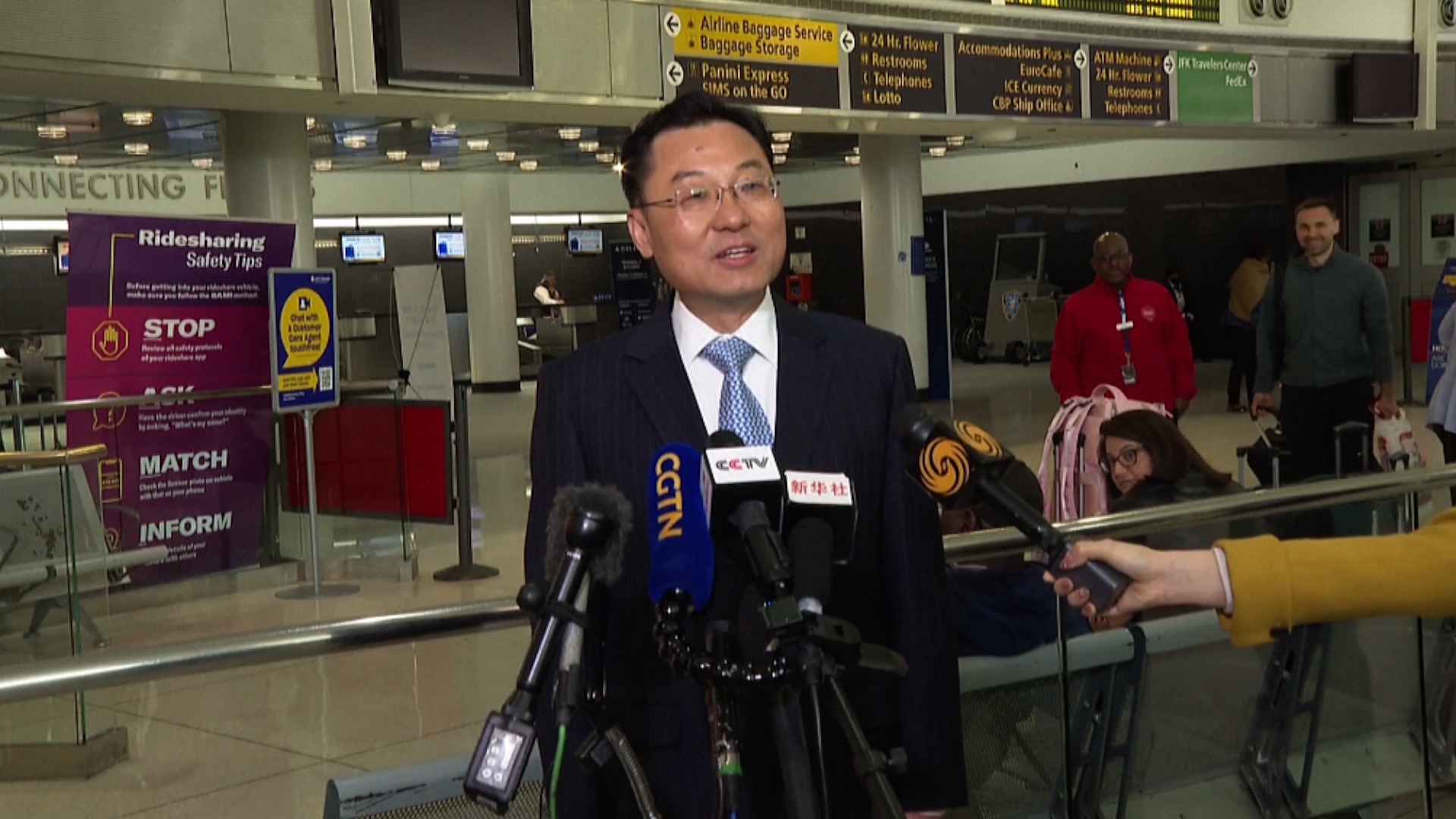
Chinese Ambassador to the US Xie Feng affirmed that China cannot just sit idly by while the US imposes sanctions on the country. Photo: CGTN
Mr. Ta's remarks came as the US administration is finalizing an investment screening mechanism to cut the amount of US money invested in Chinese entities operating in areas including semiconductors, quantum computing and artificial intelligence (AI). These areas are believed to help China modernize its military.
The Commerce Department is also preparing to update sweeping export controls that have been in place since 2022 to close some loopholes and make it harder for companies like Nvidia to sell AI-related semiconductors to China.
Beijing has recently taken steps that are seen as retaliation against the US and its allies. Following an investigation into US chipmaker Micron, China’s Cyberspace Administration said Micron failed its security review and banned domestic critical infrastructure operators from buying its products in May.
In early July, Beijing said it would require Chinese companies exporting gallium and germanium to apply for licenses, which could reduce supplies of two minerals needed to make chips.
“We don’t want a tit-for-tat. We don’t want a trade war or a technology war. We want to say goodbye to the Iron Curtain, the silicon curtain,” the ambassador said.
No impact on investment in China
After a visit to China in early July, US Treasury Secretary Janet Yellen said she had spoken with her Chinese counterparts about the proposed bans.
Ms. Yellen also pledged that any investment restrictions administered by the Treasury would be narrowly targeted to areas where they have specific national security concerns.
U.S. officials are aiming to finalize a proposal by the end of August to refine the long-delayed program, which could ban investment in China’s semiconductor, quantum computing and artificial intelligence sectors, Bloomberg reported. The restrictions could apply only to new investments and exclude the biotech and energy sectors, Bloomberg reported.
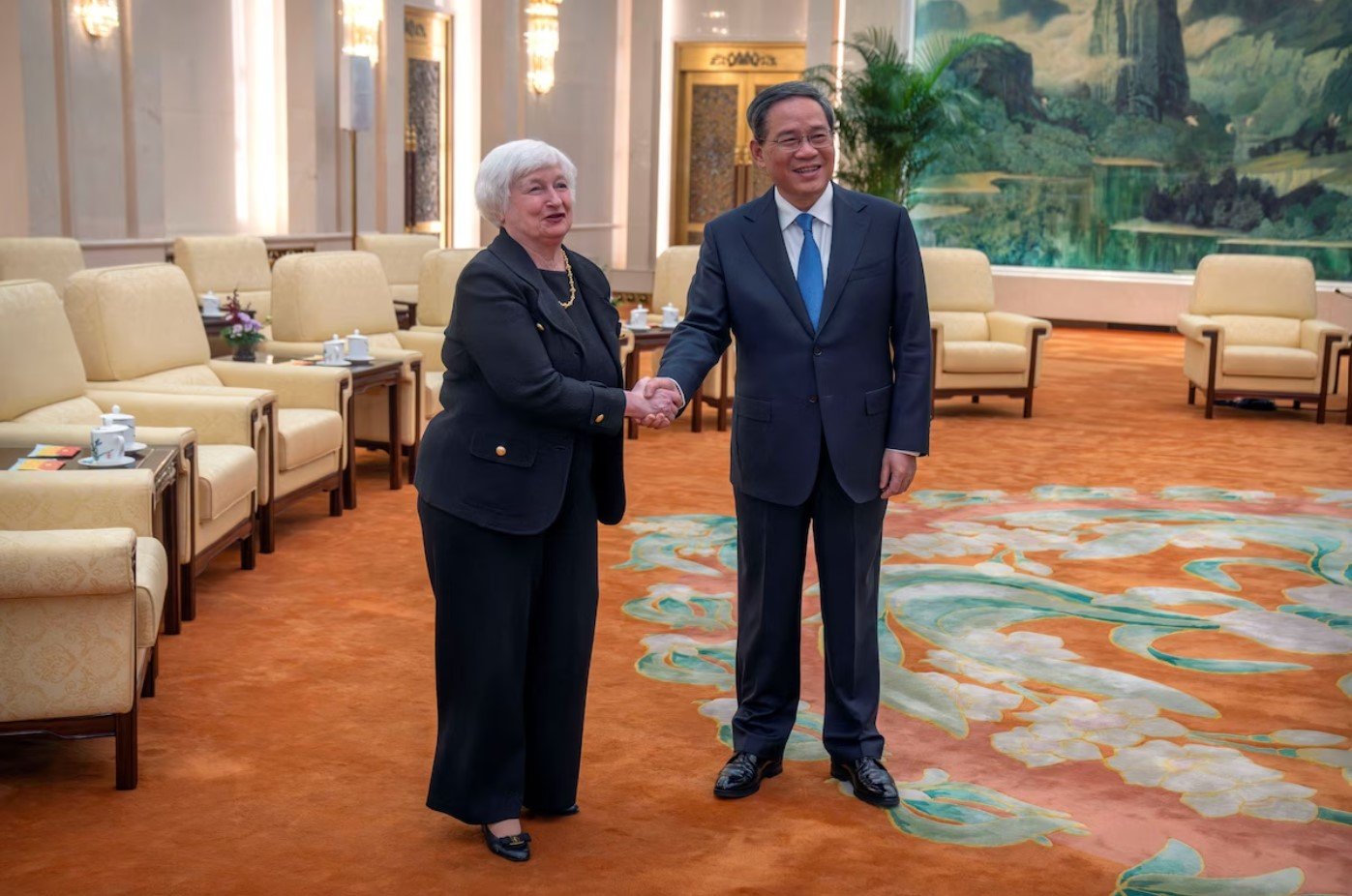
US Treasury Secretary Janet Yellen meets with Chinese Premier Li Qiang at the Great Hall of the People in Beijing on July 7. Photo: Washington Post
“These are not going to be broad controls that would broadly impact US investment in China or have a fundamental impact on the investment environment in China,” Ms. Yellen said in an interview on July 17.
The process of drafting and vetting the measures will involve the White House and a range of cabinet agencies including the Treasury, Defense, State and Commerce departments.
The administration plans to allow a period of public comment and engagement with Wall Street and affected industries that is expected to last several months. It will then need to review and incorporate the feedback, so the process could stretch into next year.
The curbs would have a real effect in banning some transactions, but would disappoint some China hawks who had hoped for more sweeping measures, said Emily Kilcrease, a senior fellow at the Center for a New American Security .
Nguyen Tuyet (According to Financial Times, Reuters, Bloomberg)
Source


![[Photo] Prime Minister Pham Minh Chinh works with the Standing Committee of Thai Binh Provincial Party Committee](https://vphoto.vietnam.vn/thumb/1200x675/vietnam/resource/IMAGE/2025/5/12/f514ab990c544e05a446f77bba59c7d1)


![[Photo] Buddha's Birthday 2025: Honoring the message of love, wisdom, and tolerance](https://vphoto.vietnam.vn/thumb/1200x675/vietnam/resource/IMAGE/2025/5/12/8cd2a70beb264374b41fc5d36add6c3d)
![[Photo] Prime Minister Pham Minh Chinh starts construction of vital highway through Thai Binh and Nam Dinh](https://vphoto.vietnam.vn/thumb/1200x675/vietnam/resource/IMAGE/2025/5/12/52d98584ccea4c8dbf7c7f7484433af5)



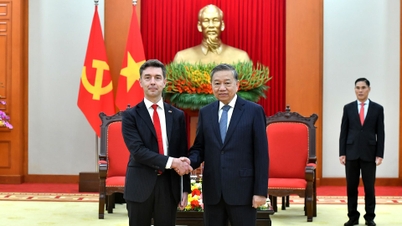


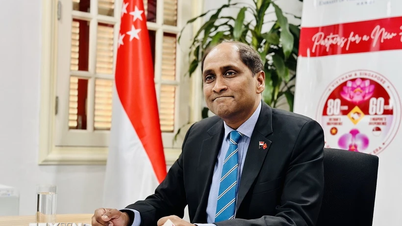

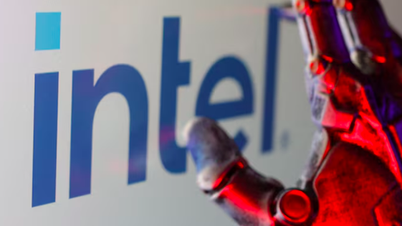

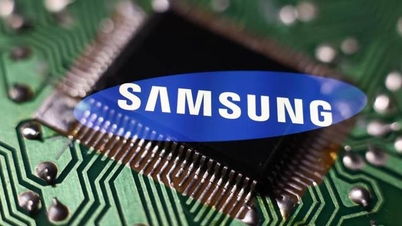

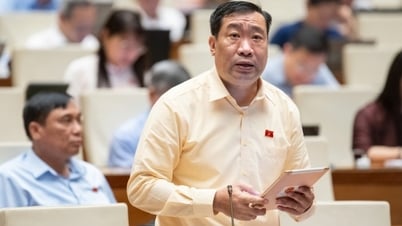
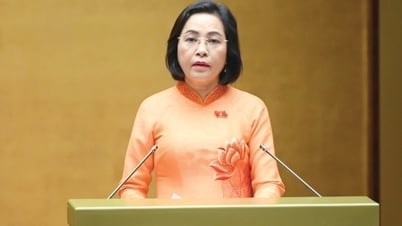

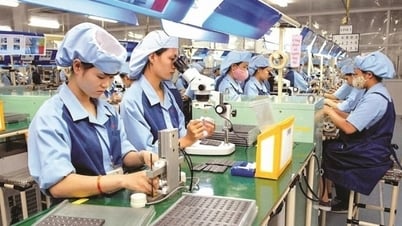


























































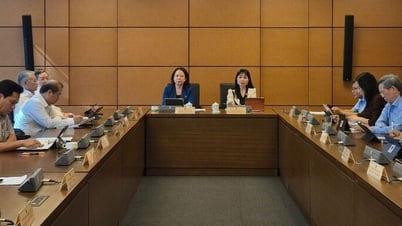


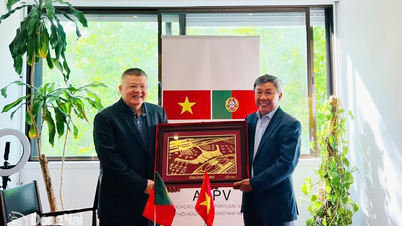


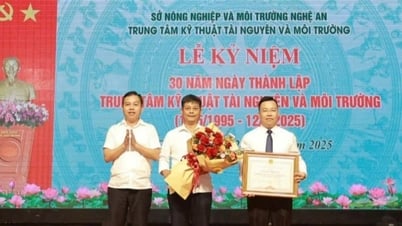














Comment (0)